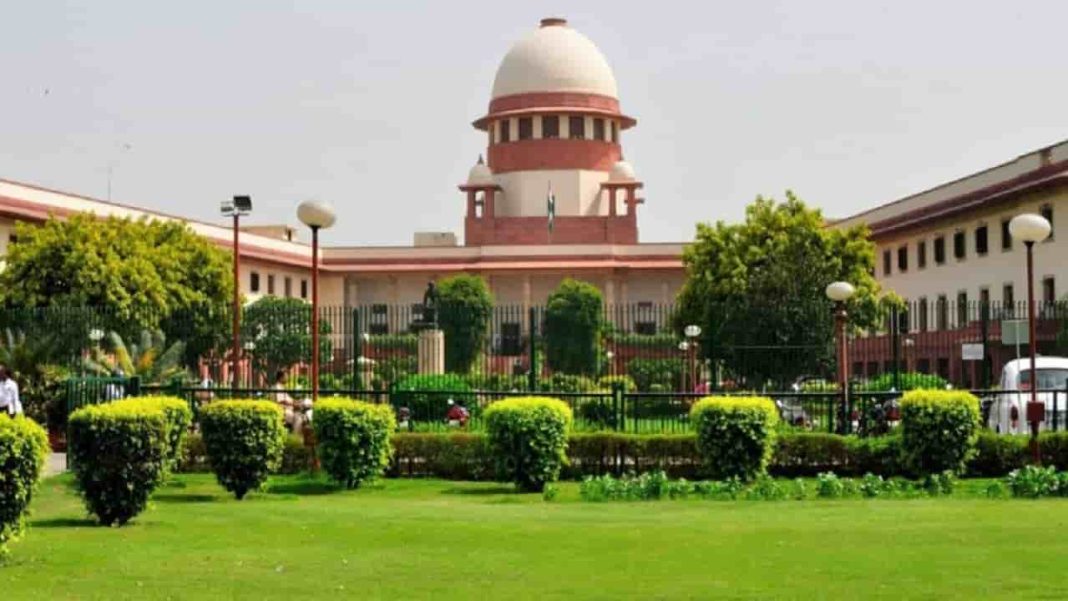The Supreme Court on Thursday sought response from the University Grants Commission (UGC) on the steps it has taken so far and proposed to take against caste discrimination prevailing in the institutions of higher education.
The Division Bench of Justice A.S. Bopanna and Justice M.M. Sundresh passed the orders on a petition filed by the mothers of Rohith Vemula and Payal Tadvi, seeking guidelines for creating an enabling environment for students belonging to the SC/ST communities in such institutions.
The Apex Court observed that the petition, filed by the parents whose children have lost their lives, only sought steps to ensure that such incidents were not repeated in the future.
Noting that the litigation was non-adversarial, the Bench directed the UGC that instead of replying in the nature of objections, it should specify on how it was planning to address and rectify the concerns raised in the plea.
The top court of the country further suggested the Commission to specify in a consultative manner, the steps taken so far and also proposed to be taken in future on the matter. It also recommended the body to consult the petitioner’s Counsel on the issue.
The Supreme Court further sought to know from UGC as to how it was planning to facilitate the students hailing from SC/ST backgrounds to the mainstream, noting since these students came from different backgrounds, there were situations which needed attention.
It said some students may drop out, some may not perform well. All this had to be taken in view, noted the Bench
Rohit Vemula, a PhD scholar at Hyderabad Central University and son of Radhika Vemula, died by suicide on January 17, 2016, while Payal Tadvi, an Adivasi student at TN Topiwala National Medical College in Mumbai and daughter of Abeda Salim Tadvi, died by suicide on May 22, 2019. Both suicides have been attributed to alleged case based discrimination in educational institutions.
Appearing for the petitioners. Senior Advocate Indira Jaising requested the Apex Court to direct the UGC that since this was a sensitive matter, the Commission was bound to take some action.
The Counsel submitted that equity regulations framed by UGC in 2012 to address the complaints of caste discrimination on campuses were inadequate, since they did not have a binding nature. There was no provision on how to deal with an educational institute for violation of regulations.
The Senior Advocate contended that compared to the regulations under statutes such as POSH and anti-ragging regulations, the regulations formulated by the UGC fell short.
Recalling that a notice was issued to the Central government in the matter in September 2019, the Counsel for the petitioners said there was an urgent need to address the issue.
She mentioned that in 2023, three more students had ended their lives. One of them was in a National Law School, another in a medical college and one in an IIT, added Jaising.
The Senior Advocate urged the UGC to frame guidelines in a non adversarial manner, which would be binding on all institutes of higher education.
The matter has been posted after four weeks.
Advocate Disha Wadekar also represented the petitioner.
(Case title: Abeda Salim Tadvi and Anr vs Union of India)


